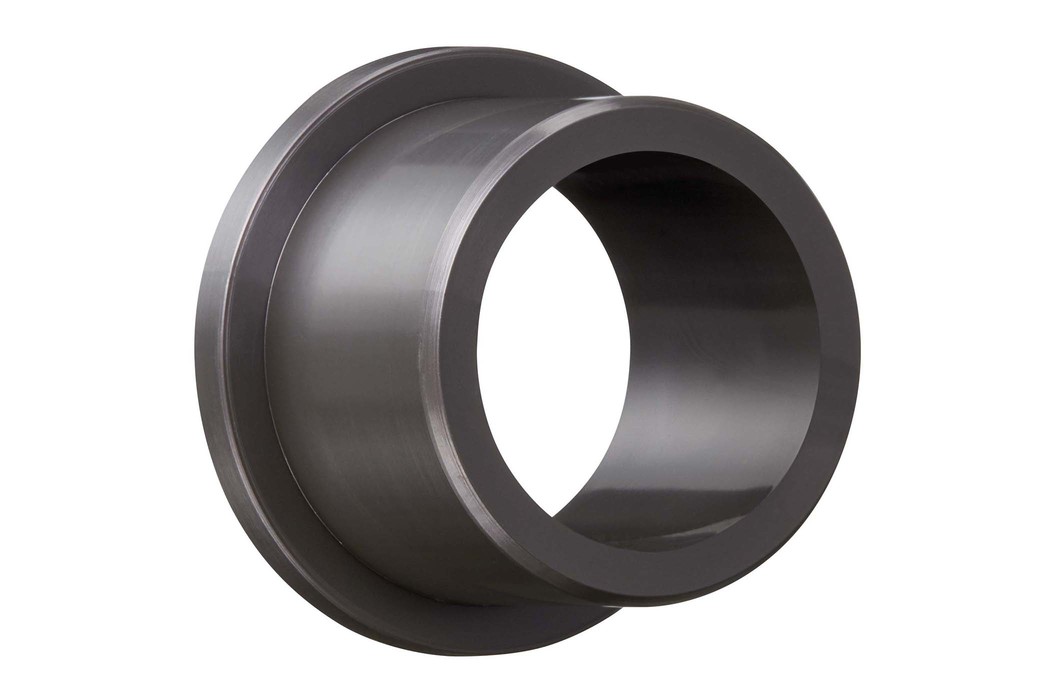Material Hub > Materialien
Materialien
-
Kategorie ThermoplasteEinsatztemperatur -40 – 80 °CDichte 1.14 g/cm³
-
Kategorie ThermoplasteEinsatztemperatur -60 – 250 °CDichte 1.31 g/cm³
-
Kategorie ThermoplasteEinsatztemperatur < 260 °CDichte 1.31 g/cm³
-
Kategorie KunststoffbeschichtungEinsatztemperatur -40 – 250 °CDichte –
-
Kategorie KunststoffbeschichtungEinsatztemperatur -40 – 250 °CDichte –
-
Kategorie KunststoffbeschichtungEinsatztemperatur -40 – 250 °CDichte –
-
Kategorie KunststoffeEinsatztemperatur -40 – 80 °CDichte 1.25 g/cm³
-
Kategorie KunststoffeEinsatztemperatur -20 – 250 °CDichte 1.51 g/cm³
-
Kategorie KunststoffeEinsatztemperatur -30 – 250 °CDichte 1.46 g/cm³
-
Kategorie KunststoffeEinsatztemperatur -30 – 250 °CDichte 1.46 g/cm³
-
Kategorie KunststoffeEinsatztemperatur -40 – 100 °CDichte 1.1 g/cm³
-
Kategorie KunststoffeEinsatztemperatur -20 – 140 °CDichte 1.79 g/cm³
-
Kategorie KunststoffeEinsatztemperatur -20 – 140 °CDichte 1.78 g/cm³
-
Kategorie KunststoffeEinsatztemperatur -50 – 100 °CDichte 1.41 g/cm³
-
Kategorie KunststoffeEinsatztemperatur -20 – 100 °CDichte 1.4 g/cm³
-
Kategorie KunststoffeEinsatztemperatur -50 – 85 °CDichte 1.34 g/cm³
-
Kategorie KunststoffeEinsatztemperatur -50 – 100 °CDichte 1.52 g/cm³
-
Kategorie KunststoffeEinsatztemperatur -50 – 100 °CDichte 1.33 g/cm³
-
Kategorie KunststoffeEinsatztemperatur 0 – 100 °CDichte 0.94 g/cm³
-
Kategorie KunststoffeEinsatztemperatur 0 – 220 °CDichte 1.65 g/cm³




